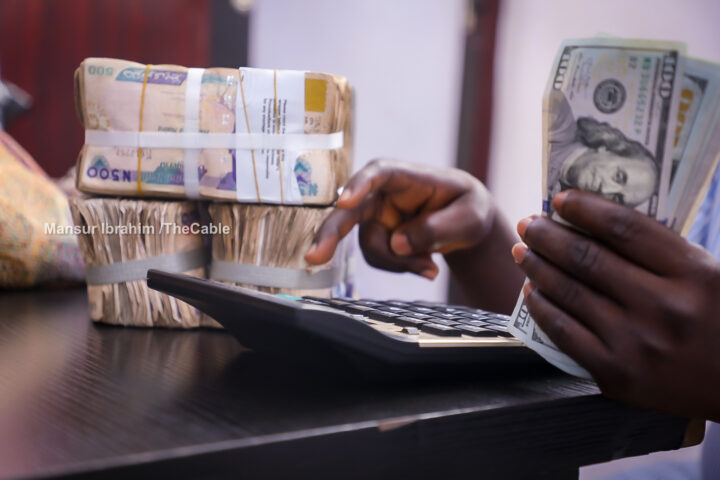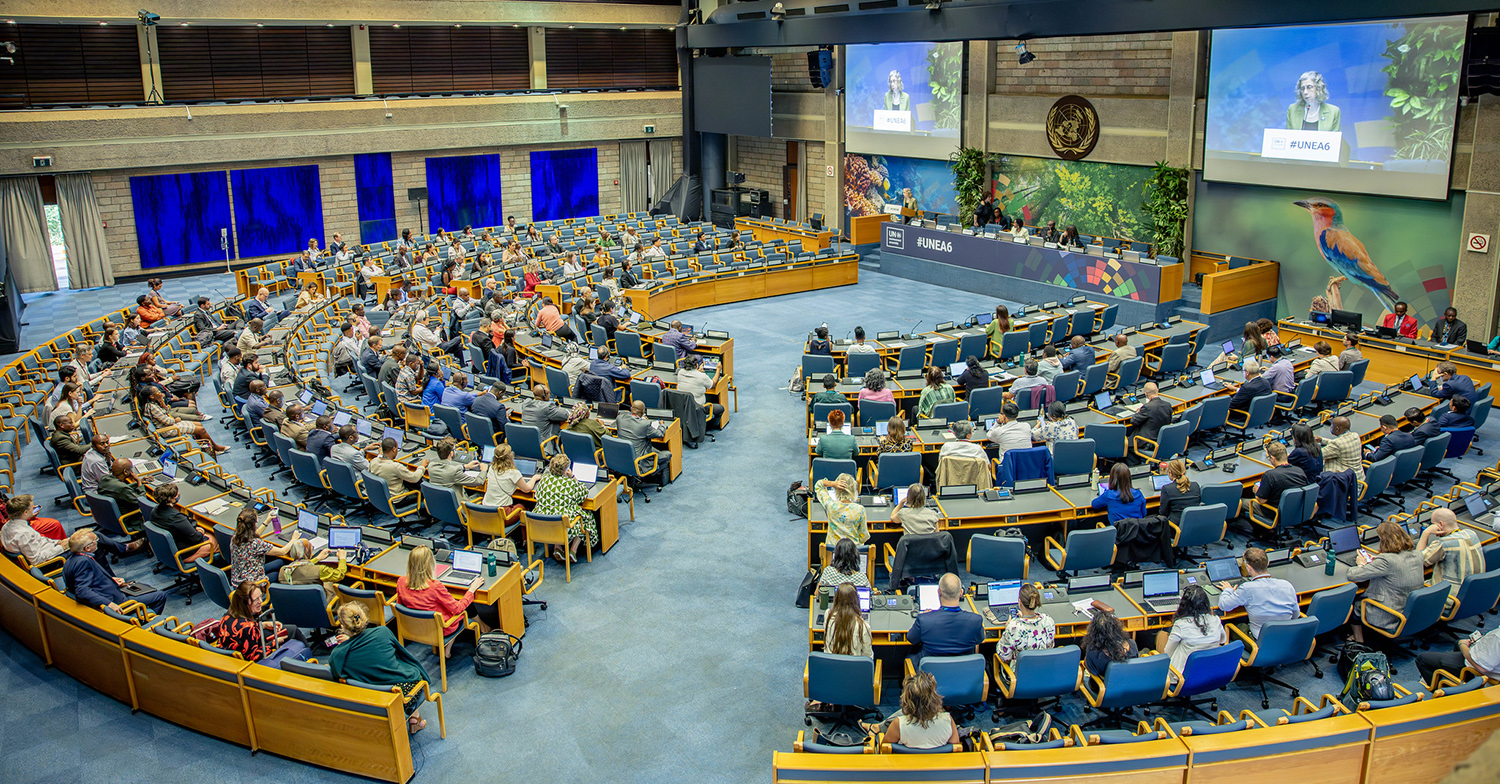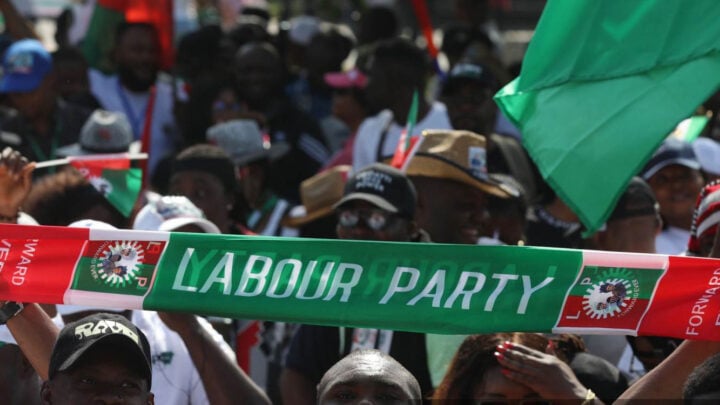BY ZAYYAD MUHAMMAD
The naira is floating without direction. The floating naira resembles a small wooden canoe in a mighty ocean—so many forces are against it. Apart from the natural market forces, other artificial forces against the naira are undefeatable, so it seems. In its 51 years of existence, the naira has never reached the all-time lows witnessed today on both the official and parallel markets.
The major factors responsible for the high value of the dollar against the naira are the decline in the supply of dollars and a surge in the demand for dollars. That means the biggest problem in the Nigerian forex market is liquidity! Simple.
Indeed, many financial experts and political commentators argue that effective foreign exchange management necessitates a blend of financial acumen, social awareness, and political astuteness. Therefore, addressing the challenges in the forex market requires a local solution that integrates these three variables harmoniously.
Advertisement
Given that conventional economic strategies have yet to restore the naira to its desired value against the dollar, it’s time to incorporate both academic economic theories and practical solutions from everyday individuals. The local solution must address the social and human factors contributing to Nigeria’s challenges with the dollar-to-naira exchange rate. Key issues include the preference for foreign education and medical services among the wealthy and middle class, as well as the widespread preference for foreign goods and services over locally-made products.
Encouraging domestic consumption, investing in local industries, promoting education and healthcare reforms, and fostering a sense of national pride in locally produced goods and services could be part of the solution. Additionally, policies aimed at reducing dependency on imports and promoting local entrepreneurship could help address these underlying social and human issues. According to the Central Bank of Nigeria (CBN), between 2010 and 2020, foreign education expenses gulped $28.65 billion, while a whopping $11 billion was spent on medical treatment abroad within the same period.
Focusing on exportable agricultural products is indeed a viable long-term strategy to address the volatility in the forex market. Nigeria possesses a rich diversity of agricultural commodities such as cocoa, cotton, gum Arabic, hibiscus, beans, garlic, onion, and many others, which have significant export potential.
Advertisement
A strategic approach would involve selecting 5–10 of these agricultural products for intensive cultivation, processing, and standardisation within a year, with the aim of boosting export volumes and earning foreign exchange. This initiative could not only contribute to stabilising the forex market but also stimulate economic growth, create jobs, and enhance the country’s agricultural value chain. This, if done well, will bring good dollar inflows into the country.
The Central Bank of Nigeria has become the focal point of both high activity and criticism within the Nigerian government, largely due to its management of the floating naira and the subsequent rise in commodity prices, particularly those reliant on imports. The CBN is forced to take some short-term steps, make hard decisions, and even churn out 2-3 new policies in a day. This is because something was missing before the naira was thrown out to survive on its own.
Indeed, floating a currency typically requires a certain level of economic development and the presence of robust institutions to manage the associated risks effectively. This approach necessitates stable fiscal policies, well-regulated financial systems, strong institutions, and the ability to respond to market dynamics swiftly. Without these foundational elements in place, floating the currency can lead to increased volatility and economic instability. To this end, let’s look at what Investopedia said about a country’s exchange rate.
“Today, there are two types of currency exchange rates that are still in existence—floating and fixed. Major currencies, such as the Japanese yen, euro, and U.S. dollar, are floating currencies—their values change according to how the currency trades on foreign exchange or forex (FX) markets.
Advertisement
This type of exchange rate is based on supply and demand. This rate is, therefore, determined by market forces compared to other currencies. Any changes in currency pricing point to strength in the economy, while short-term changes may point to weakness.
Fixed currencies, on the other hand, derive value by being fixed to another currency. Most developing or emerging market economies use fixed exchange rates for their currencies. This provides exporting and importing countries with more stability and also keeps interest rates low.
Countries have different reasons for pegging their local currencies to the dollar. Most of the Caribbean islands—Aruba, Bahamas, Barbados, and Bermuda, to name a few—peg their currencies to the U.S. dollar because their main source of income is derived from tourism paid in dollars. Fixing the U.S. dollar stabilises their economies and makes them less volatile.
In Africa, many countries peg the dollar and euro. In the Middle East, many countries, including Jordan, Oman, Qatar, Saudi Arabia, and the United Arab Emirates, peg to the U.S. dollar for stability—the oil-rich nations need the United States as a major trading partner for oil.
Advertisement
In Asia, Macau and Hong Kong fix the U.S. dollar (Macau via pegging to the Hong Kong dollar). China, on the other hand, has been embroiled in controversy about its currency policy. While China does not officially peg the Chinese yuan to a basket of currencies that includes the U.S. dollar, it does manage the exchange rate of the yuan to dollars so as to benefit its export-driven economy.
Strong economies with well-developed institutions can afford to allow their currencies to float freely, benefiting from the flexibility and efficiency it offers. However, emerging economies often need to implement some level of currency control to protect their economies from the volatility of market forces and external pressures. By implementing measures to manage their currency’s value, such as capital controls or intervention in the foreign exchange market, emerging economies like Nigeria can mitigate the negative impacts on their economies and safeguard the purchasing power of their citizens.
Advertisement
Zayyad I. Muhammad writes from Abuja. He can be reached via [email protected]
Advertisement
Views expressed by contributors are strictly personal and not of TheCable.






